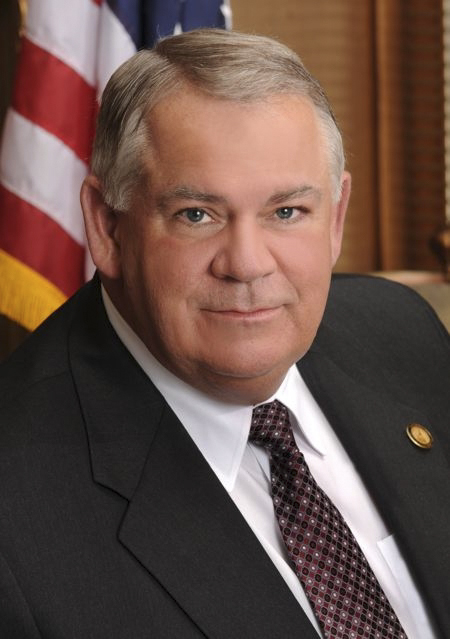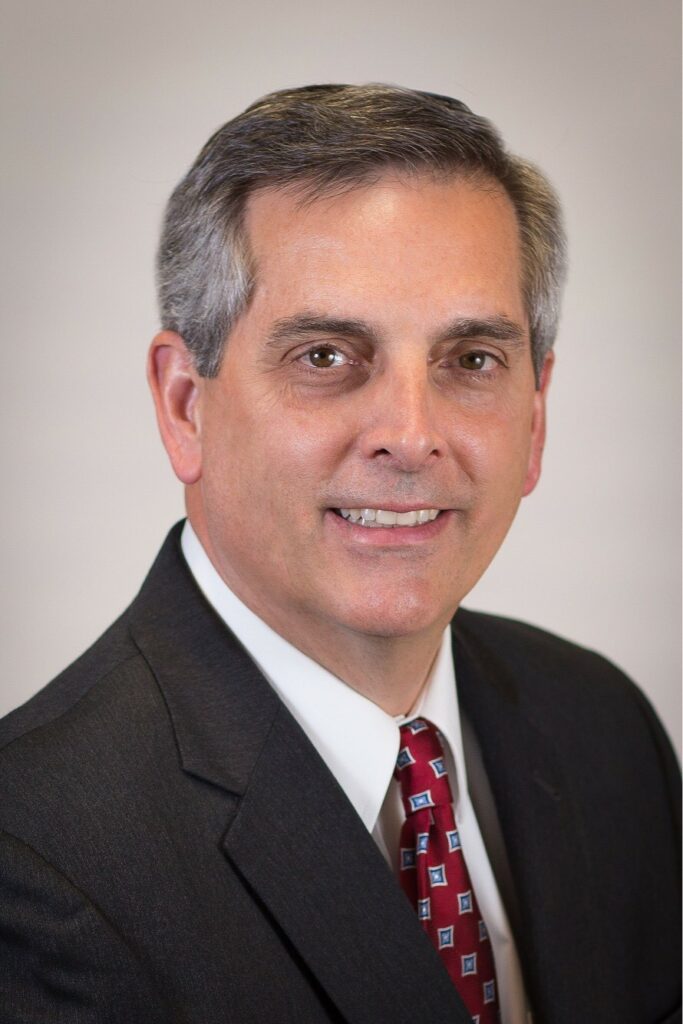
Georgia House Speaker David Ralston has doubled down on his request to delay the state’s primary elections by about a month due to concerns over coronavirus, after the state’s elections chief balked at that request last week.
In a letter Sunday, Ralston reiterated his stance that holding the primary election on May 19 could endanger voters and poll workers who might be exposed to the highly infectious respiratory virus at voting precincts. He asked Georgia Secretary of State Brad Raffensperger to reschedule the primaries for June 16.
The House speaker, in his letter, noted Georgia has thousands of precincts requiring thousands more poll workers to make sure Election Day runs smoothly. Many of those poll workers are older adults who face greater risks from harmful health effects from COVID-19, the disease caused by the novel strain of coronavirus that has caused a global pandemic.
“I know there is a plan to provide them with cleaning supplies and to practice social distancing, but a delay of a month would allow more time for testing, health responses and other precautions,” Ralston said.
As of noon Monday, 2,809 people have tested positive for the virus in Georgia. It has killed 87 people. On Sunday, President Donald Trump extended federal guidelines for so-called social distancing throughout all of April for the entire country.
Raffensperger earlier this month pushed the date of the presidential primary back to May 19, coinciding with party primaries for state and local offices. At the time, Raffensperger said state law allowed him to do so as part of a disaster declarations authorized by Gov. Brian Kemp and Trump that free up emergency executive powers to curb the spread of coronavirus.
But Raffensperger stopped short late last week of agreeing to delay the presidential and state primaries any further, noting in a Facebook message Saturday that doing so would raise serious legal and practical issues.

Pushing back the presidential primary along with state and local primaries would require Kemp to extend the state’s public health emergency past its current April 13 deadline, Raffensperger pointed out. The governor has not yet indicated whether he might seek a 30-day extension of that emergency status, which would require the General Assembly to reconvene for a special session to approve it.
Delaying the primaries would also complicate scheduling for the Nov. 3 general election in the event of any primary runoffs. A late-August runoff could run afoul of federal rules for when ballots must be created for the general election, Raffensperger said.
Raffensperger also stressed that state law only allows him to delay elections for 45 days, plus concerns he has fielded from state Democratic and Republican party leaders worried a prolonged primary schedule could conflict with their respective national conventions. The Republican convention is set for late August and the Democratic convention for mid-July.
The secretary of state highlighted steps he is taking to boost absentee ballot use to discourage voters from showing up at in-person voting precincts, as well as “ordering disinfectant wipes and sprays” to help keep precincts sanitized.
“The goal is to provide counties additional resources to handle the increased interest in absentee voting while simultaneously helping them cope with the increased difficulties of in-person voting due to social distancing, thus minimizing risks to poll workers and in-person voters,” Raffensperger said.
Ralston, however, countered in his letter Sunday that Raffensperger already moved the presidential primary back more than 45 days – from March 24 to May 19 – and would still have authority to order an additional delay since a federal disaster declaration is also currently in place, on top of the state’s public health emergency.
The speaker also suggested state party leaders might be open to a delay even if it conflicts with national convention representation.
“I recognize that while a [presidential primary] held on June 16 would be after the national and state parties require that take place, it seems there is a willingness to address those rules based on the safety concerns for the election process because of COVID-19,” Ralston said.